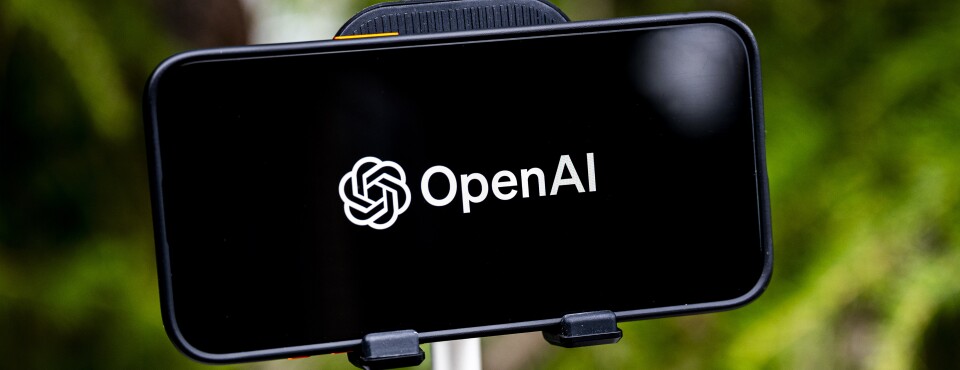OpenAI Inc. urged a New York federal judge to unwind a “sweeping, unprecedented order” to preserve data for several copyright suits that it argued threatens privacy rights of hundreds of millions of users.
Magistrate Judge Ona T. Wang’s order to “preserve and segregate all output log data” forces OpenAI to rescind users’ control over when and how their ChatGPT conversation data is used and retained, it said in a Tuesday filing in the US District Court for the Southern District of New York. The artificial intelligence company quoted the editorial board of The New York Times—one of dozens of plaintiffs in the multidistrict litigation—as saying Americans “should be able to control what happens to their personal data.”
The request that Judge Sidney H. Stein override Wang’s preservation order—which had been granted after demands by several news organization plaintiffs—represents a front in the broader fight over discovery in the litigation over novel questions about applying copyright law to AI. The 12 cases consolidated for pretrial purposes carry massive ramifications for both the burgeoning technology and an array of content industries.
Wang denied OpenAI’s bid to undo her order on May 29, two days after reassuring the AI company that user data wouldn’t be publicly available. The news organizations argued the order is necessary to rebut OpenAI’s argument that customers rarely use AI models to infringe copyrights.
OpenAI’s Tuesday filing countered that the outlets failed to provide any non-speculative basis for the order being useful, much less a substantial one as required. The news plaintiffs have provided no evidence that anyone—except themselves—has attempted to get ChatGPT to reproduce their content, and haven’t provided any evidence showing data users chose to delete will contain more conversations about their content than the billions retained by OpenAI, the company said.
Preserving all that data also imposes significant burdens on OpenAI and its users that far outweighs any need for the data as part of the litigation, the brief said. Users ask ChatGPT for help in highly sensitive areas like personal finances, household budgets, personal relationships including wedding vows and gift ideas, and business trade secrets and other confidential information. OpenAI said it’s earned trust through its commitment to data security and privacy.
“In one swoop, the preservation order jettisoned that commitment in favor of News Plaintiffs’ unsupported speculation despite the dearth of any record evidence suggesting that doing so would serve a useful purpose,” it said.
The AI company also requested oral argument on its request in a letter to Stein accompanying its memo.
Susman Godfrey LLP, Rothwell Figg Ernst & Manbeck PC, Loevy & Loevy, and Klaris Law are plaintiffs’ lead counsel on the consolidated copyright case. Keker, Van Nest & Peters LLP, Latham & Watkins LLP and Morrison & Foerster LLP represent OpenAI.
This case is he New York Times Company v. Microsoft Corp., S.D.N.Y., No. 1:23-cv-11195, Objection to preservation order 6/3/25.

